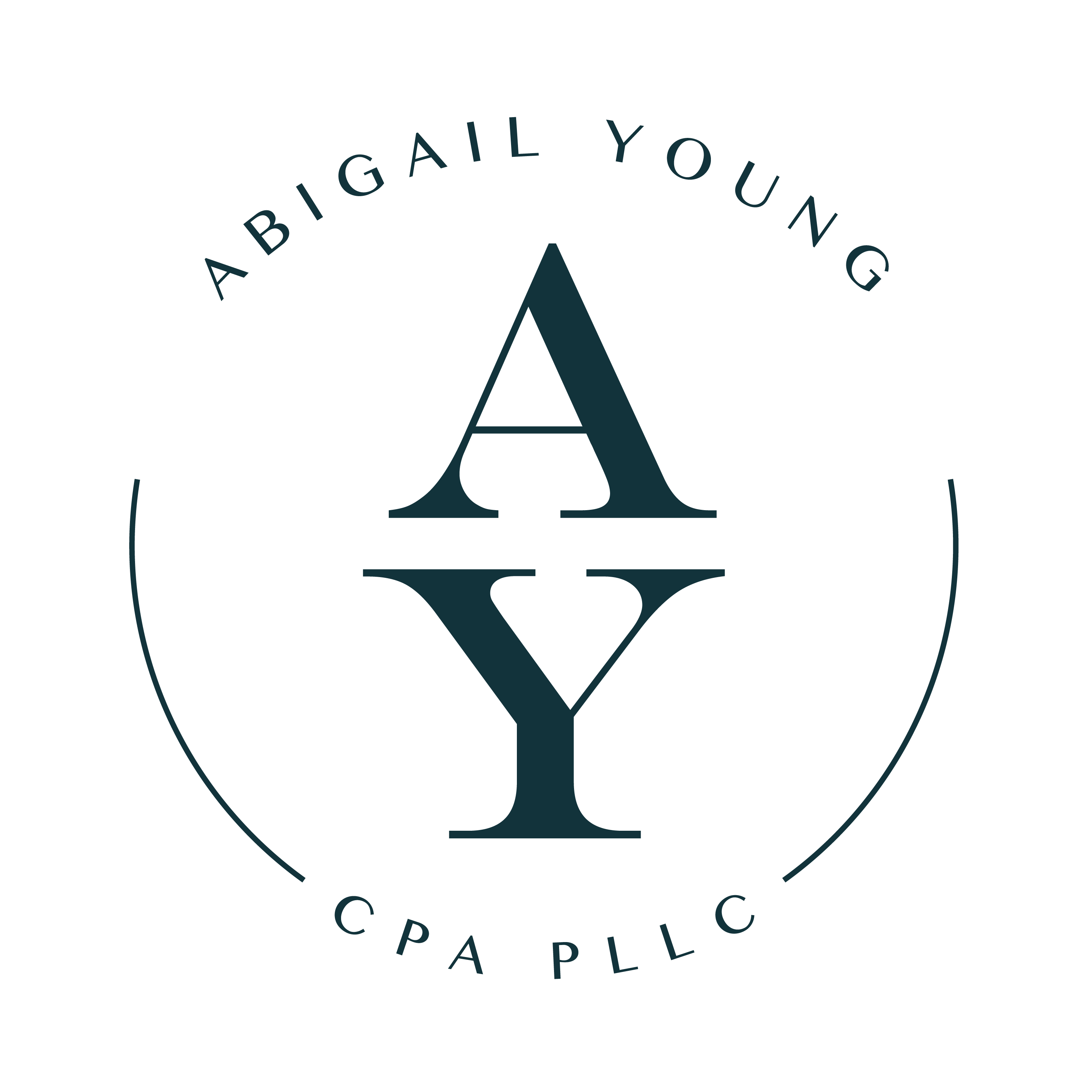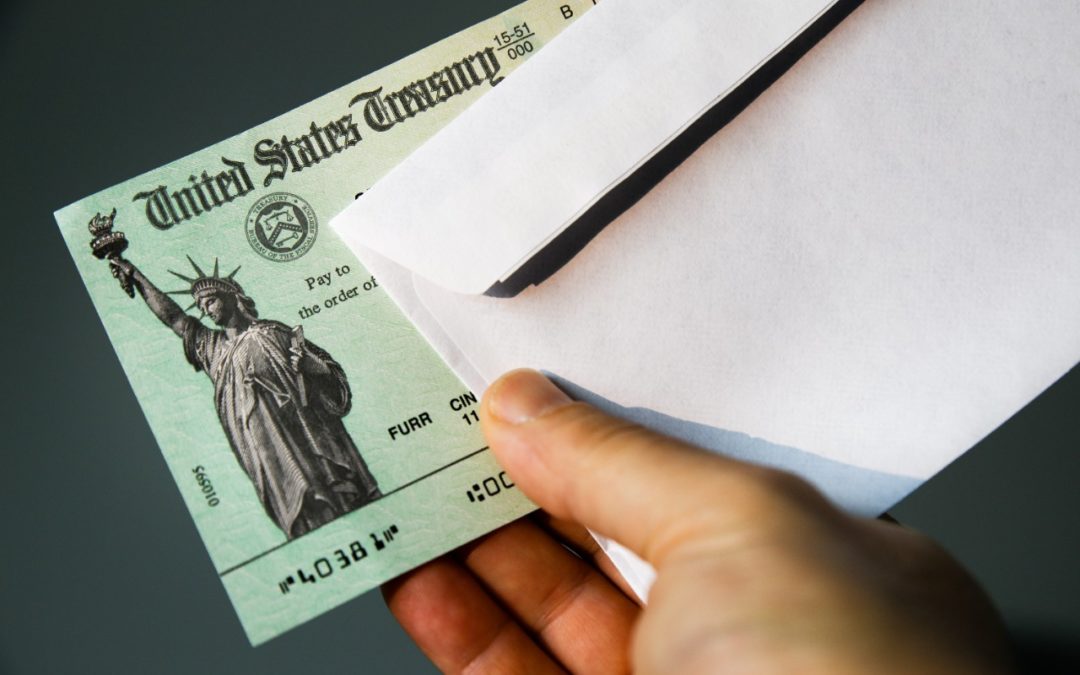How to Avoid Scams Offering Economic Impact Payments Due to COVID-19
Over the last few months, many of us have been paying close attention to the guidance from federal, state, and local governments throughout this pandemic health emergency. Unfortunately, scammers also happen to be paying attention. Some are even pretending to be affiliated with the government in efforts to scam you out of money.
In fact, there are bad actors out there attempting to take advantage of the COVID-19 emergency, and they’ve managed to become extremely creative. For instance, there have been reports of fraudulent offers for free COVID-19 testing, test kits, or protective gear through robocalls, websites, or social media. These individuals or groups have no intention of delivering the products and services they claim to provide.
In times like these, we must remember to stay cautious. Here are some tips from your McAllen virtual CFO at Abigail Y. Murray CPA, LLC, on how to protect yourself as well as your friends, relatives, and neighbors from scams. Although we do help businesses with their finance goals, we haven’t forgotten our CPA roots, and our team is committed to providing our services to businesses and individuals alike.
Spot & Avoid Scams With the Following Tips
- Know that the government would never call, text, or contact you via social media claiming you owe money or offer to help you secure your Economic Impact Payment (EIP) sooner (if you haven’t already received it). If you receive a message from someone claiming to be from a government agency through social media, it’s a scam. Report it to the FTC at ftc.gov/complaint. If you are eligible and haven’t yet gotten your Economic Impact Payment, do not hesitate to visit irs.gov to learn how to track it.
- Make sure that you have strong passwords on your most critical internet accounts. And ensure that the anti-malware and antivirus software on your computer is up to date.
- Go online to government websites directly for trustworthy information. Don’t click on links included in an email or text message. Scammers tend to send fake links to websites that look like they’re from the government. Rather than clicking on links in messages, open up a new window and search for the name of the government agency.
- Disregard anyone who claims to be from a government agency asking for cash, gift cards, wire transfer, cryptocurrency, or personal and financial information, whether they contact you by phone, text, email, or in person. Do not share your Social Security, Medicare ID, driver’s license, bank account, or credit card information with any unknown person or organization. You should only give out your Medicare number to your doctor, health care provider, or other trusted representative. Impersonation scams are on the rise, so please be careful.
- If someone you don’t know offers to help you buy groceries, prescriptions, or supplies, be wary. Some scammers offer to purchase supplies but never come back with the goods or your money. Use an established delivery service or order directly from the store. Many grocery stores and pharmacies offer contactless delivery.
Important Notes About Taxes & Other Financial Dealings
- Social Security benefits are still being paid and are not impacted by the pandemic. Social Security will not call you unsolicited to request information or payment for any reason linked to the coronavirus or Social Security office closures.
- The United States census will never request your full Social Security Number, bank account, or credit card information, and will not ask you to pay to be counted in the 2020 census.
- Simple tax returns are available. If you do not file a tax return, complete a simple tax return to get the stimulus payment. No payment or information is required. The IRS will utilize your 2019 tax information (2018 if you have not yet filed for 2019) to calculate and send your payments. No additional action is necessary on your part, including sending payments or personal information.
Resources and Support
For the most up-to-date information on avoiding COVID-19 related scams, visit ftc.gov/coronavirus/scams.
For financial support and assistance, look no further than your local McAllen VCFO, especially in these challenging circumstances. We are here to help.


